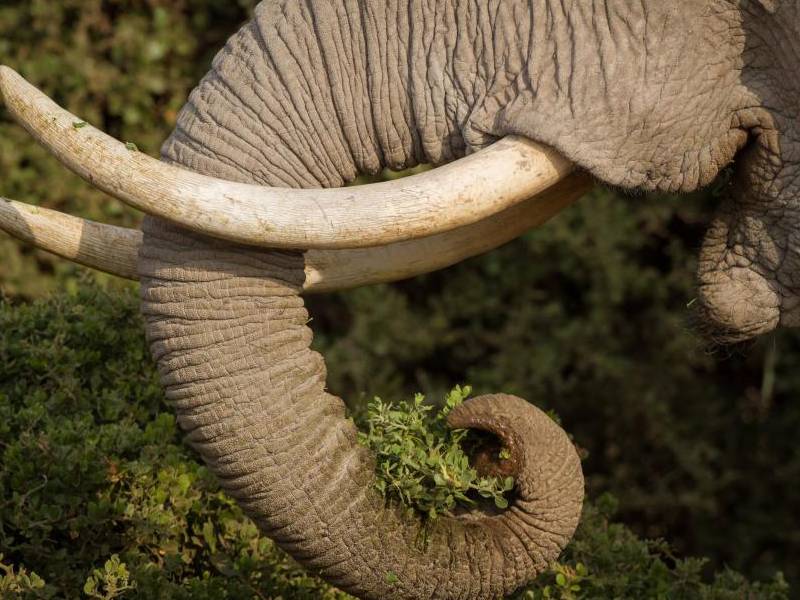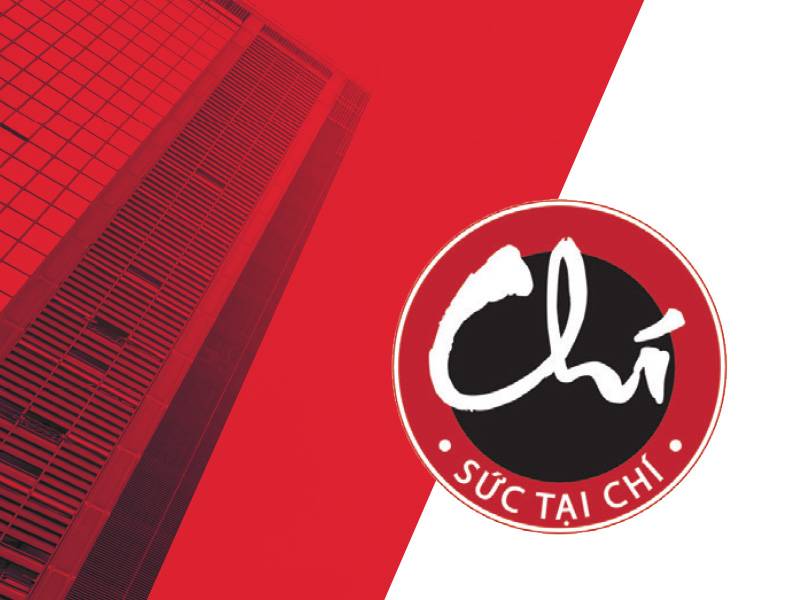The large-scale consumption of wildlife parts, products and derivatives is one of the key extinction drivers for endangered species worldwide. With China being a key destination for many of these products, conservation professionals have been exploring the potential for targeted advocacy, social marketing and multi-media campaigns to deliver real and rapid impact in reducing this demand. TRAFFIC and WWF have implemented several behavior change interventions in recent years to reduce demand for illegal wildlife products like ivory, rhino horn, and tiger bones. Consumers including antique collectors, outbound tourists, businessmen, traditional Chinese medicine users have been targeted in those behavior change interventions. Within this context, a “game-changing” ban on commercial processing and trade in elephant ivory was announced by the State Council, China’s Cabinet on 30 December 2016. TRAFFIC and WWF then commissioned GlobeScan to conduct this largest-ever ivory consumer research in China. This research seeks to discover the nature of ivory consumption in 15 surveyed cities in China, to understand consumers’ perception towards the ivory ban, and to assess effective massaging and mechanisms for demand reduction. The research also will serve as the foundation of TRAFFIC and WWF’s future behavior change strategies and interventions. Meijer, W.; Scheer, S.; Whan, E.; Wu, D.; Yang, C. and Kritski, E. (2017). Demand under the Ban – China Ivory Consumption Research. TRAFFIC and WWF, Beijing, China.

Wildlife: Elephants
Language: EN - English



